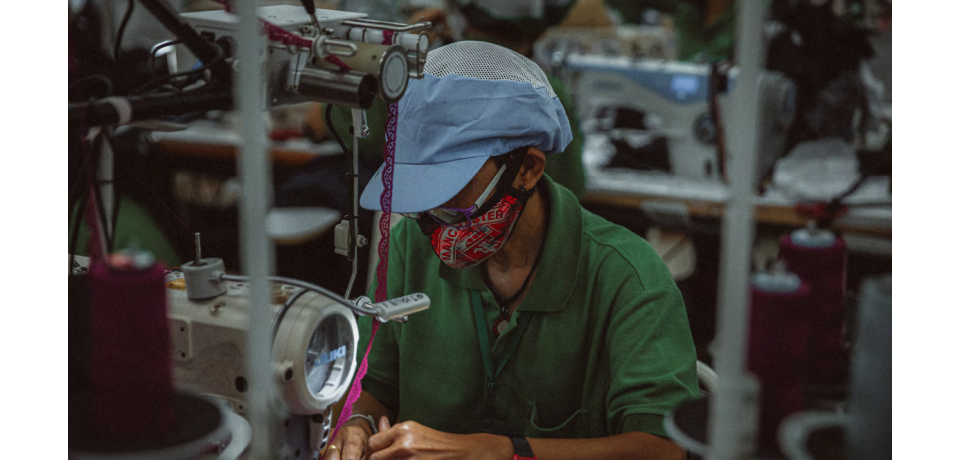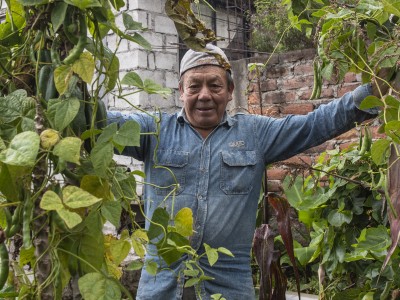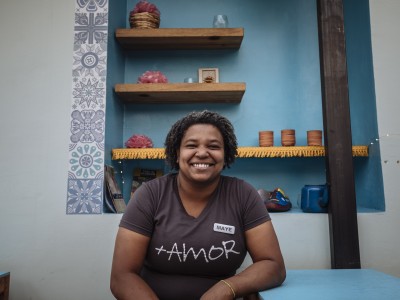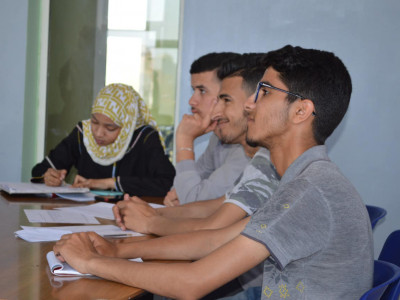Follow-up to the Rapid Needs Assessment on the Impact of COVID-19 on Migrant, Refugee and Stateless Populations in Malaysia
Benedetta Mangialardo, Programme Coordinator, bmangialardo@iom.int
Puteri Noor Jehan Wan Abdul Aziz, Business and Human Rights Specialist, puteri.noor.jehan.wan.abdul.aziz@undp.org
Objectifs de Développement Durable Connexes et Objectifs du Pacte Mondial sur les Migrations
Résumé
The COVID-19 pandemic has shown the all-important contributions of migrant workers to communities and economies around the globe, particularly as migrant workers, especially women, have been at the forefront of responses throughout the pandemic. In Malaysia, regular migrant workers represent a large segment of society - about 20 per cent of the country's labour force. During the COVID-19 outbreak, civil society organizations (CSOs) in Malaysia as well as in the region were amongst the first to mobilize to provide support to migrant workers and to their families, as well as to other vulnerable populations. To better understand the needs of these populations in Malaysia, the United Nations (UN) conducted a rapid assessment in April 2020 to identify the most urgent priorities as well as socio-economic considerations for the COVID-19 response for migrant, refugee, and stateless populations in the country. The assessment identified that the most common long-term priorities were income or job stability, basic necessities and access to health services.
Objectif clé
Through this Joint Action, IOM and UNDP aimed to strengthen the COVID-19 response in Malaysia by building on the rapid assessment and providing up-to-date information on the socio-economic recovery of migrants, refugees and stateless persons. They did so through a follow-up assessment that engaged CSOs and community leaders to identify:
- any changes that have occurred one and a half years after the initial assessment
- gaps in the current response
- opportunities for additional support to the identified beneficiaries
- best practices and lessons learned
- specific issues of concern that might not have been adequately addressed previously.
Principales activités
To reach this objective, IOM and UNDP focal points coordinated the revision of the April 2020 assessment tools and jointly selected the service provider to conduct the follow-up assessment. A consultancy group conducted the follow-up assessment. The consultancy group prepared a multistakeholder methodology, including questionnaires (adapted from the first assessment), and conducted interviews with relevant stakeholders. Based on this, the report was prepared and translated into Bahasa Malaysia. IOM and UNDP had weekly check-ins with the consultancy group in order to follow up and monitor progress, discuss challenges and propose solutions, and at the end reviewed the outputs and finalized the report collaboratively.
Principaux succès ou facteurs innovants, bonnes pratiques et enseignements tirés (si disponibles)
The report includes a series of recommendations for each of the different groups of stakeholders. The 2021 recommendations are compared to the 2020 recommendations, to allow for a reflection on gaps, lessons learned and progress of the response. In the future, this report may function as groundwork for future collaborations between IOM and UNDP in the area of labour migration and COVID-19 response as it contributes to the overall evidence and knowledge available to and used by the larger UN Country Team. Open communication and weekly meetings helped the Joint Action move smoothly and kept it on track. The two organizations clearly divided their tasks while at the same time mutually recognized each other’s technical capacities.
This initiative is fully aligned with UNDP-IOM strategic partnership in the framework of previous joint efforts to address migration, climate change and development topics in the country. A joint approach such as this one is integral to achieving the SDGs, more specifically SDG 1 on no poverty, SDG 5 on gender equality, SDG 8 on decent work and economic growth, SDG 10 on reduced inequalities and SDG 17 on partnership. It also contributes to achieving the GCM Objectives such as GCM Objective 1 on collecting and utilizing accurate and disaggregated data as a basis for evidence-based policies, Objective 6 on dignified work, and GCM 7 on addressing and reducing vulnerabilities in migration.
Bénéficiaires
Migrant workers, women migrants, refugees, stateless persons



